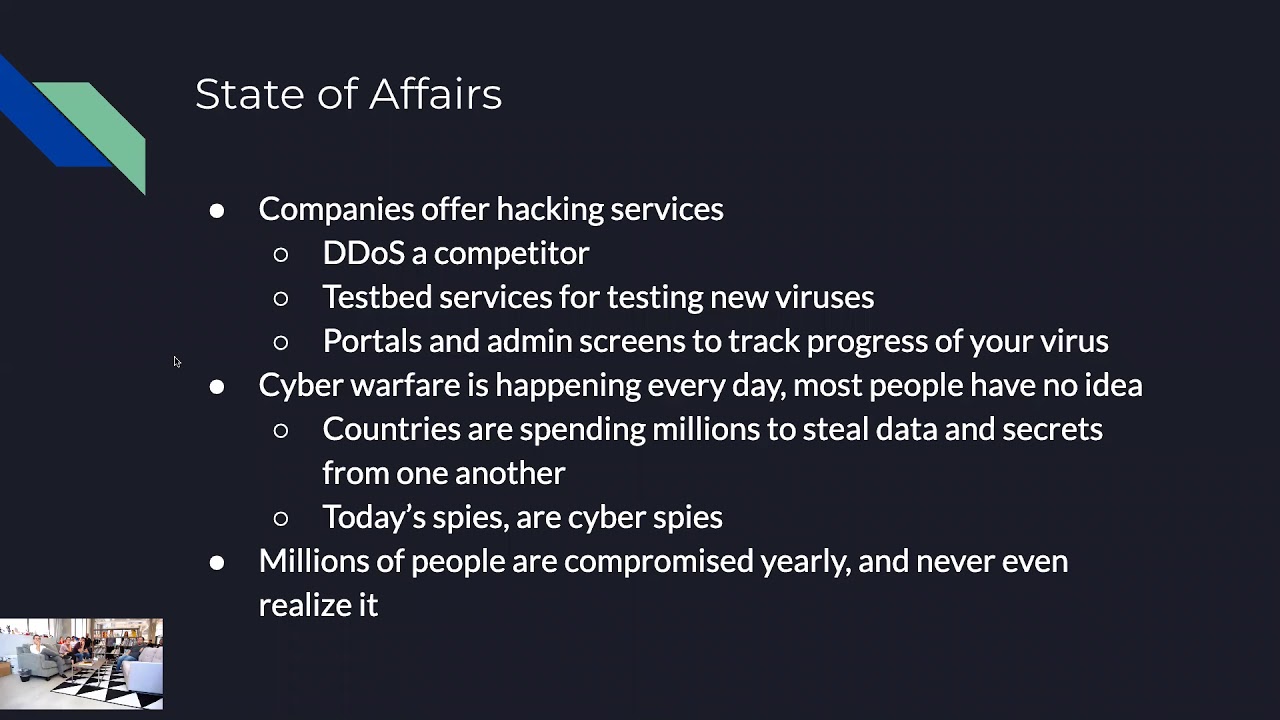As Atlanta companies compete for talent, workplace flexibility is seen as key
Home Depot is set to hold a virtual corporate career day on Tuesday. It’s the first time the retail giant has put on such an event.
The Atlanta-based company isn’t alone in trying to stand out in a competitive labor market. And flexibility is seen as one of most important things workers are looking for.
Among the most prized job candidates, Home Depot is hoping to connect with are those with backgrounds in computer science, cyber security and supply chain management.
“They have more options now,” said Eric Schelling, vice president of global talent acquisition for Home Depot. “The pandemic has provided more options for them with remote, work for different states or different companies around the country.”
It’s a familiar story. The tight labor market has led to companies being more flexible about where employees live and where they do their work.
“Certain roles, depending on the work that you’re working on, will be roles where you can work from home long term. Others will be where it’s a little bit more of a hybrid approach,” Schelling said.
That hybrid approach is catching on, says Johnny C. Taylor, CEO of the Society for Human Resource Management. SHRM, as it’s known, includes more than 2,000 Georgia companies and non-profit groups as members.

“What employees want is flexibility. And that may mean I work from home two days a week in the office three days a week,” said Taylor. “But I don’t want to just totally work from home, especially millennials and Generation Z, because they make relationships at work, they build friendships, this is how they build community.”
For others, flexibility means the ability to work and care for children or elderly relatives. Taylor says developing this kind of workplace in an equitable way, has been a challenge.
“That is really proving to be quite vexing for employers to not create two cultures: the culture of people who work at home and the people who are in the office,” said Taylor.
But companies that strike the right balance, he says, have a better chance at landing the employees they’ve been looking…


